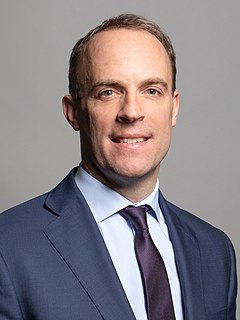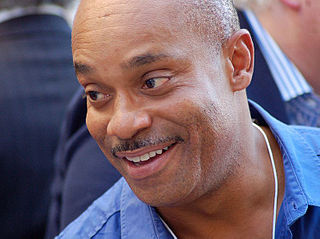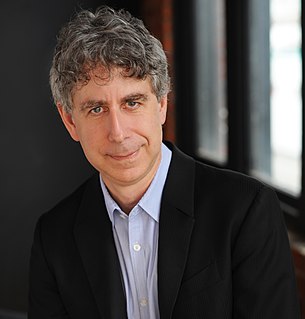A Quote by Dominic Raab
Much of the work legal executives do has to be supervised by a solicitor, irrespective of the experience or ability of the individual. In practice, this is a major disincentive to legal executives setting up their own high street practices. Even when they can do the work, they are still tied to solicitors.
Related Quotes
The legal system doesn't work. Or more accurately, it doesn't work for anyone except those with the most resources. Not because the system is corrupt. I don't think our legal system (at the federal level, at least) is at all corrupt. I mean simply because the costs of our legal system are so astonishingly high that justice can practically never be done.
Very little attention is paid to improving the decision-making skills of both individual executives and the organizational benchstrength as a whole. Often we find that this is overlooked because there is a common assumption the business executives have all the requisite cognitive skills they need when they come to work for the organization. The problem with that perspective is that it overlooks the fact that thinking skills can be learned and improved at any time during the course of a persons lifetime.
Even Hollywood millionaires are now clamoring for legal protections for their illegal-alien nannies and gardeners, though such elites would hardly countenance a similar legal laxity that would allow foreign film technicians, screenwriters, and actors to flood southern California to work in their industry for a fourth of their own pay.
I think our legal system needs to be developed. Cases of citizens who are detained and then have to wait much too long for a trial - that is scary, for everyone. When someone commits a crime he needs to be charged quickly. Why does this take so long in many cases? I don't know. Is it because our legal system is still rudimentary? China has promised to modernize its legal system. This has high priority.
In separating out, say, legal and moral requirements, I tend to work with paradigms rather than strict divisions - eg, paradigmatically, legal requirements are jurisdictionally bound whereas ethical requirements are aspirationally universal; ethical requirements focus especially on intentions whereas legal requirements focus primarily on conduct; ethical requirements take priority over legal requirements; and so on.
In talking about human rights today, we are referring primarily to the following demands: protection of the individual against arbitrary infringement by other individuals or by the government; the right to work and to adequate earnings from work; freedom of discussion and teaching; adequate participation of the individual in the formation of his government. These human rights are nowadays recognised theoretically, although, by abundant use of formalistic, legal manoeuvres, they are being violated to a much greater extent than even a generation ago.
I get more respect from rap artists than I do from my own industry. I don't always write the kind of music that country executives want. Rappers are like that too .. my words come from the street, and their words come from the street. That slicked-up pop stuff doesn't come from the street, it's all pre-fab.
I believe if an individual wants to join organized labor and work under a union contract, they should have the legal right to do so. At the same token, a person who does not want to work under organized labor and wants to work should have the ability to do so without the threat of having to join and having to pay dues to organized labor.

































